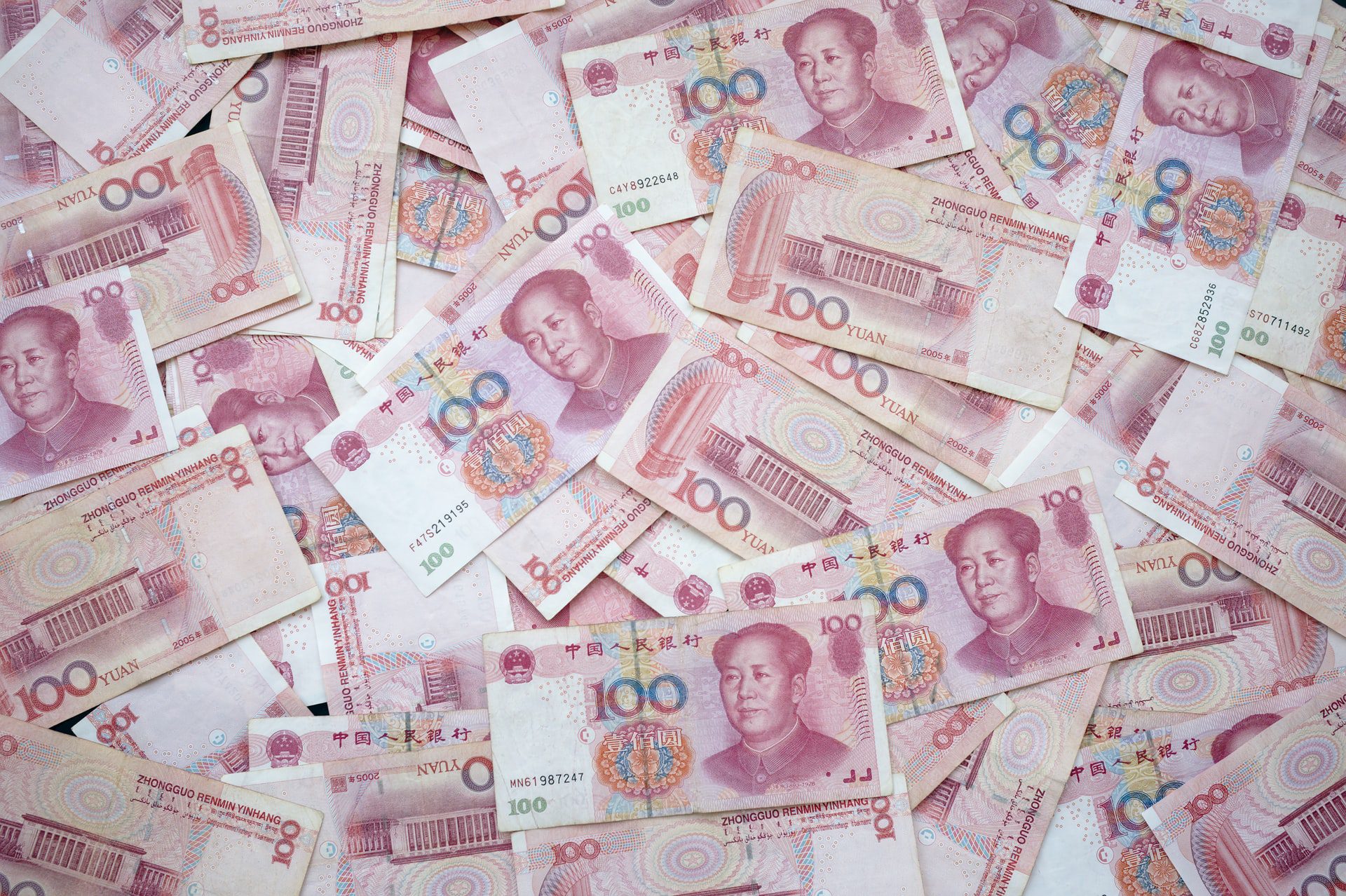How Political Connections and Government Crackdowns Affect Banking in China

How do political connections influence firms’ credit benefits, especially when the central government is cracking down on corruption? A research team led by Schulich Professor Justin Tan attempted to address this question by investigating bank loan contracts in China.
The research paper, titled “Non-Market Strategies and Credit Benefits: Unpacking Heterogeneous Political Connections in Response to Government Anti-Corruption Initiatives?”, was co-authored with Fengyan Yu, Associate Professor of Finance at Tianjin University, Hongjuan Zhang, Associate Professor of Management at Tianjin University, and Qi Liang, Professor of Economics at Nankai University, all in China.

In this study, the research team distinguishes two types of political connections—connections to government officials and connections to council deputies—according to whether the political benefits they provide are exclusive and definite. Employing a panel data set comprised of Chinese listed firms’ bank-loan contracts from 2008 to 2014, they find politically connected firms, and particularly firms with connections to government officials, enjoy significantly lower loan costs than their non-connected counterparts.
The research findings, reported in a paper recently published in Journal of Management Studies, examine how heterogeneous political connections work in the credit market, and how the effects of political connections respond to the improvement of the political environment.
The research offers valuable insights policy makers and multinational corporations doing business in China. With the changing business environment and rapidly rising competition, political connections may help firms win favourable treatment in credit markets.